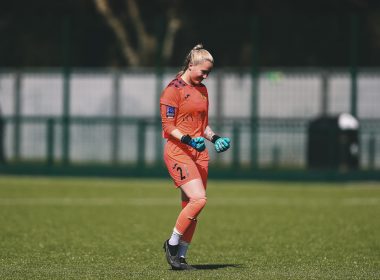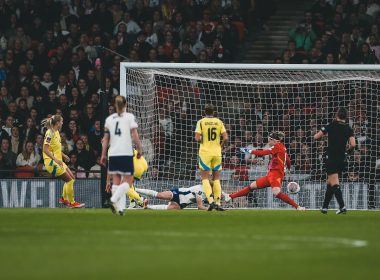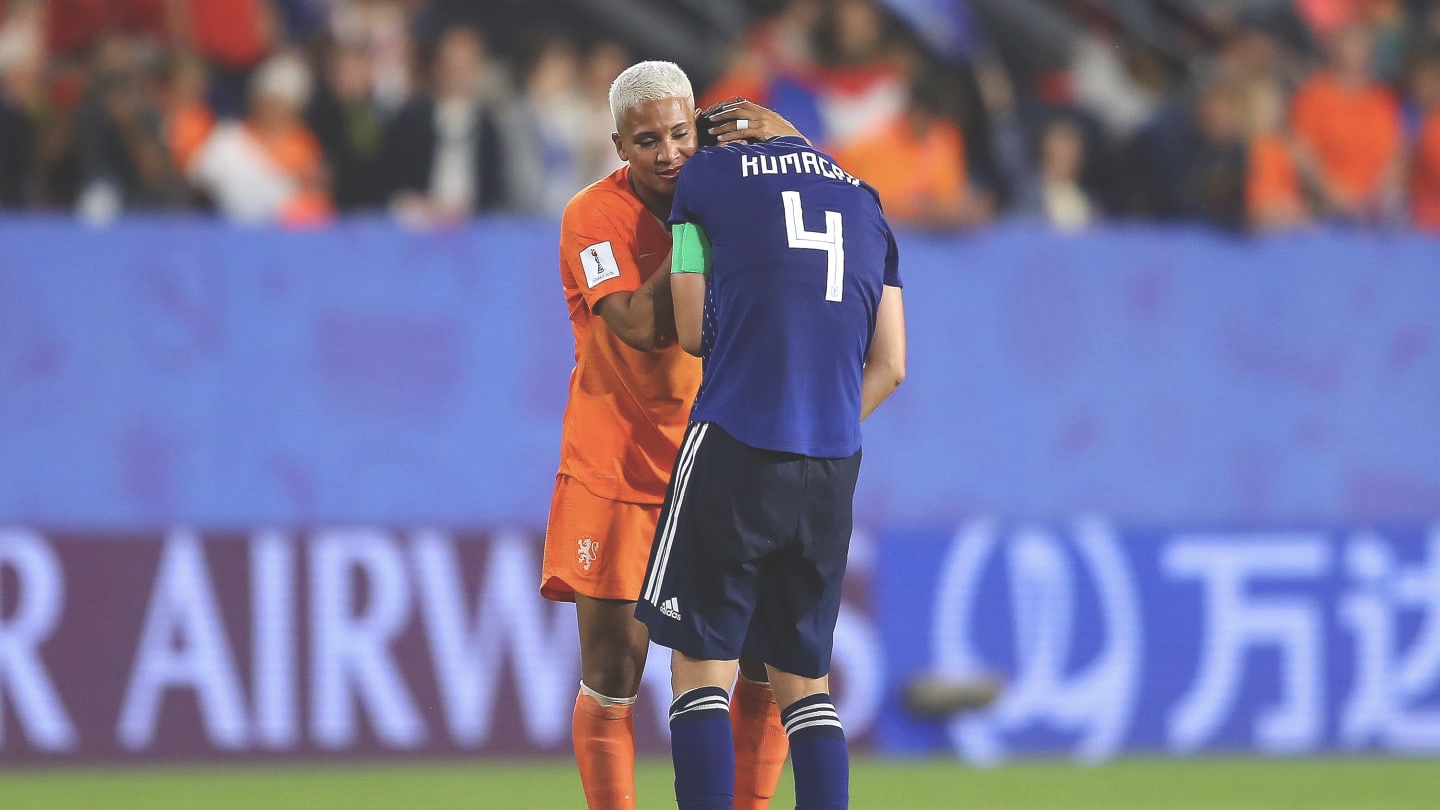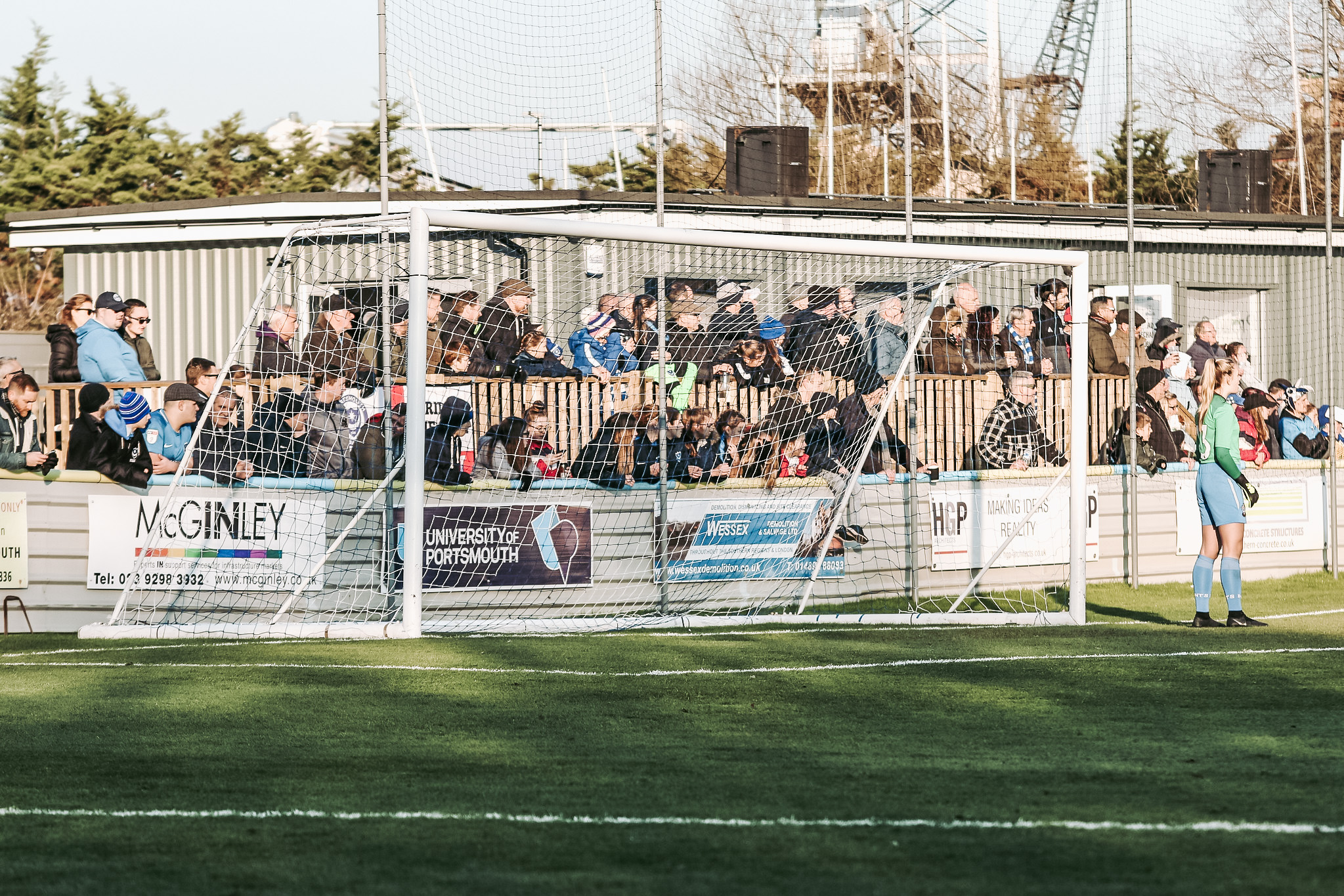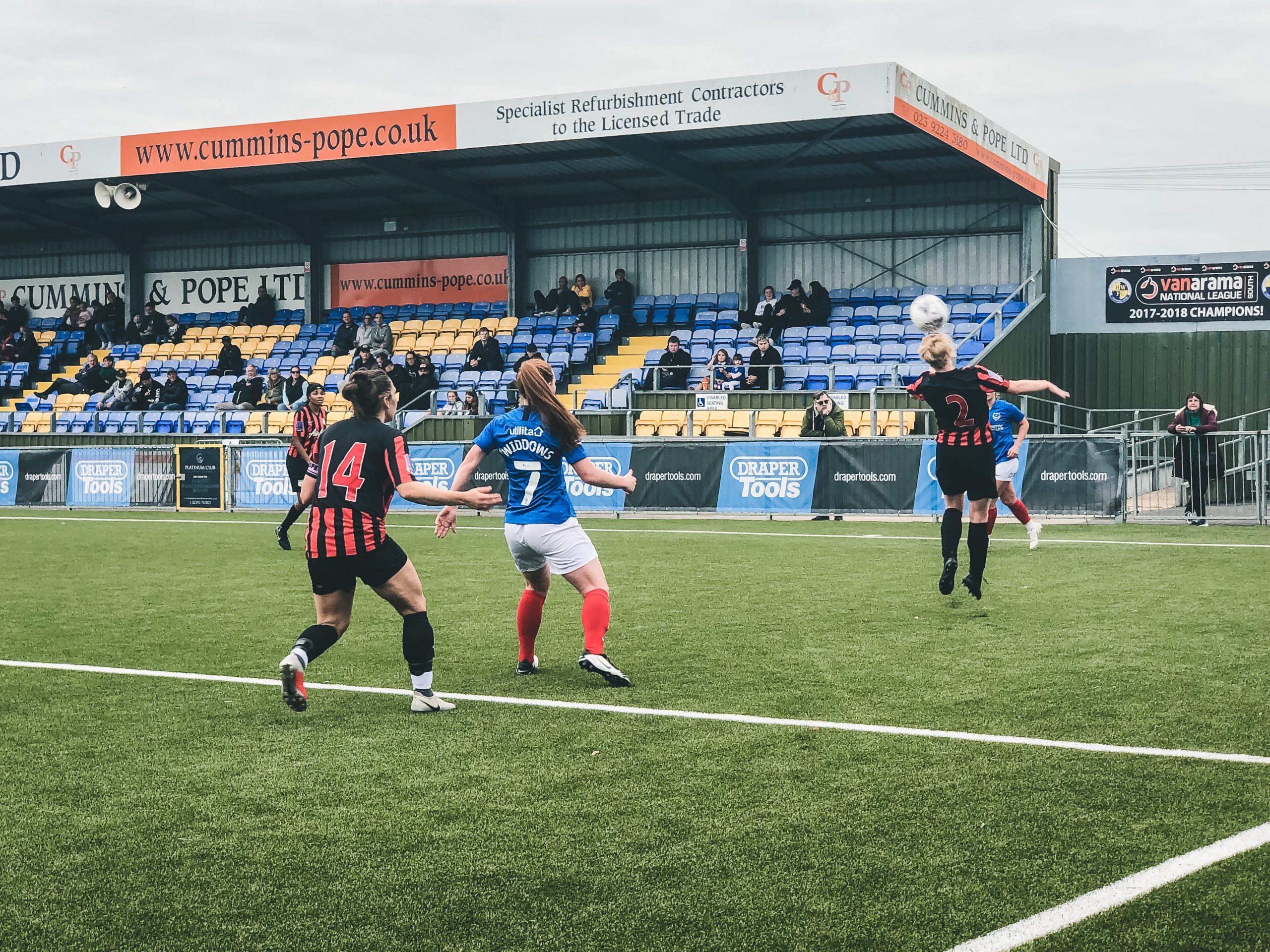After Scotland’s heart-breaking exit from the Women’s World Cup last Tuesday night, many are left questioning the controversy surrounding VAR; with some believing that this game-changing technology should now be eradicated from the game completely.
VAR was introduced to eliminate the controversy surrounding officiating decisions, whilst making those decisions seem fair. Yet after this year’s Women’s World Cup, it’s had quite the opposite effect. After years of longing for something to counteract officiating decisions that are arguably unjust, it is hard to suggest that VAR should be removed completely and that we should, in fact stick to the game without it, when bringing certain factors into the equation.
As many England fans will understand, if you take yourself back to the 2010 World Cup; the Lampard goal that should’ve tied the game with our longstanding rival Germany, yet somehow wasn’t given. At this point, England fans were yearning for the decision to be overruled, however, there was no such technology to do so. Germany would eventually go onto win the game 4-1, yet if a piece of technology like VAR was in place at the time it may have easily played a decisive role to a potentially different outcome of that match. Enough was enough and something had to be done to stop consistent officiating errors like this from being the pinnacle of attention on the highest competitive stage.
The FIFA Women’s World Cup is effectively the first competition where VAR has been propelled to the forefront of global attention. With this being said, it has been highly criticised for slowing the tempo and momentum of the game when reviewing certain decisions, as well as evading elements of clarity and consciousness that are so vital when officiating. In Scotland’s case, fans and neutrals were particularly perturbed watching goalkeeper Lee Alexander; celebrate what she believed to be the most defining save in Scotland’s history, keeping the game level as well as their knockout hopes alive. Yet, at the hands of VAR and in the most dramatic circumstances the penalty was to be retaken as she jumped off her line too quickly. This incident also mirrored one from an earlier match up where the hosts France were gifted a second chance to retake a missed penalty at the hands of VAR.
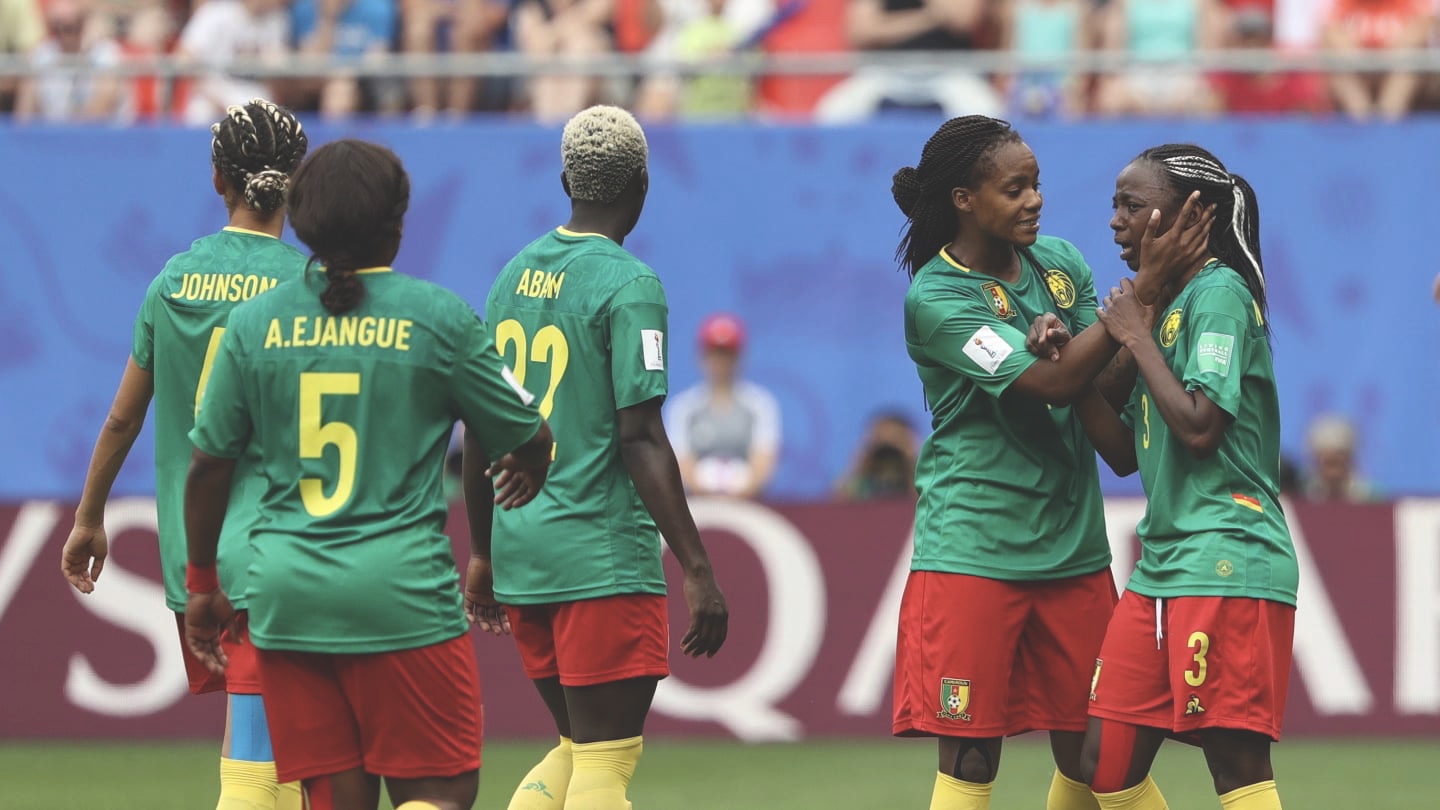
Although the rules do state that the goalkeeper isn’t allowed to come off their line until the ball is kicked, many professionals have been enraged by these decisions stating that this is simply not something a goalkeeper can prepare for, nor control in such a climactic situation, therefore should leniency be granted when the margin is so small? most importantly neither team were aware that the game was over as the penalty incident delayed the restart of play by at least five minutes. In the most bizarre circumstances, the game was ended in an abrupt fashion and VAR was brought to the centre of attention once more, as fans were adamant that the correct amount of stoppage time had not been played, due to the prolonged VAR decision.
There is no doubt that VAR has brought an element of fear to the game that hasn’t always been present, players will constantly be wary of putting the slightest foot wrong or if they’re going to be caught out by something picked up on the big screen, anxiously awaiting the signal that could prove costly to a game. However, all of this doesn’t escape the fact that perhaps controversy will always surround the game no matter what new technology is implemented. Someone is always going to be left disappointed in some way or another, and if VAR is eradicated completely do we go back to pointing the finger at officials? we must ask ourselves, if not VAR then what is the balanced alternative? incidents like the 2010 World Cup aren’t isolated and are a proven factor that we do need this type of technology but at what cost to the modern game?
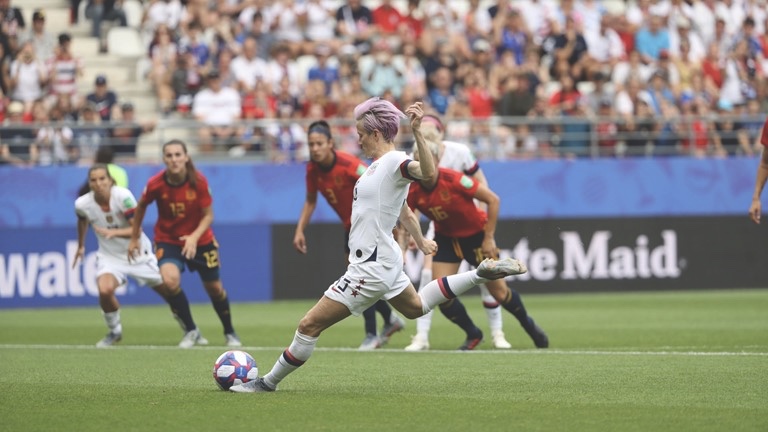
We must not forget that this is the first competition to fully implement VAR on the global stage, therefore errors are certainly going to be more prevalent; we as football fans are having to adjust to a newer and more modern game of football which includes this type of technology that we have craved for so long. VAR can be seen as a double-edged sword, for all the negative things it may have evoked, it has to be praised for the decisions that may have never been picked up by officials. I think it would be wrong to scrap VAR completely, but with some minor adjustments and giving it more time to facilitate among other competitions, we may find the perfect balance which will outweigh the injustice that can so often plague the game with controversy.

